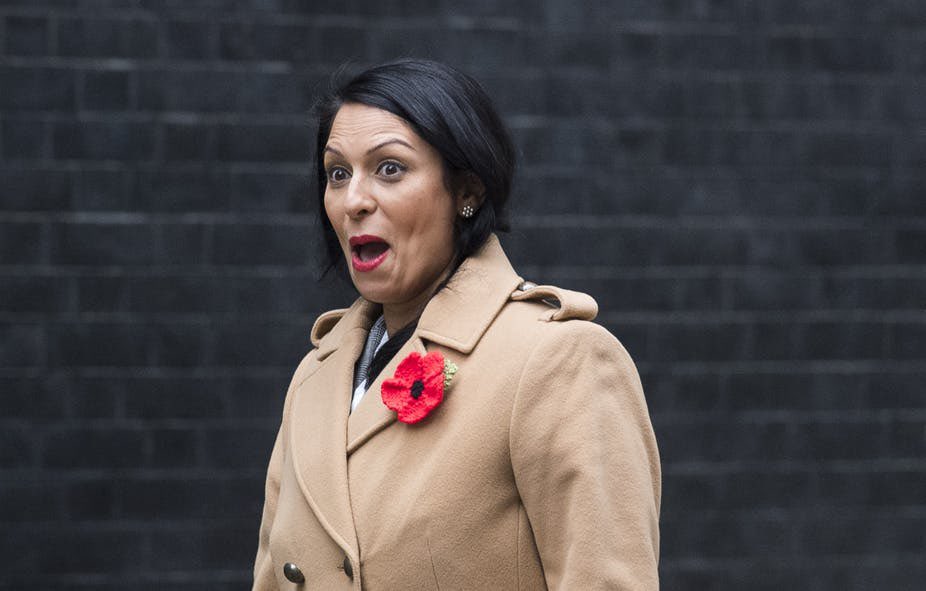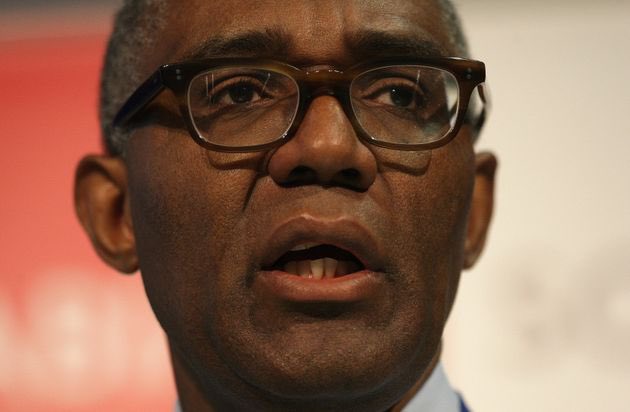
Thread on solidarity:
Bismillah al-Rahman al-Raheem
I’ve been thinking to myself a lot about what this latest in a very long line of black deaths means for me, and other non-black Muslims who are concerned about the world they see.
Bismillah al-Rahman al-Raheem
I’ve been thinking to myself a lot about what this latest in a very long line of black deaths means for me, and other non-black Muslims who are concerned about the world they see.
I feel that sometimes we are very quick to insert our own experiences into these moments, because we want to show some degree of empathy - the idea of: “we understand what you are going through.”
Building empathy for trauma survivors has always been a huge part of the work I do. There is no sliding scale of injustice, because our individual psychology and physiology interpret harm in different ways.
Hence why situating the lived experience of an individual has been important in my work of understanding the violence of larger structures.
I believe that moments of injustice arise that are so particularly egregious, that they warrant particular attention, whether due to the act of injustice itself, or the way in which that injustice is internalised. I very much believe that George Floyd’s murder, is such a moment
None of the other arenas of injustice have faded away, and whether it is Palestine, Kashmir, Syria, the Uyghur or the War on Terror, there are many who are still working on those issues.
But right at this moment, it IS ok for us to say, let’s all come together to highlight this one particular injustice, learn more about how it came into being, and throw our weight behind those who are fighting it.
In practical terms, it means being there for those who are suffering without situating ourselves, without making moral equivalences, without having to remind people that there are other battles to be fought.
We know they are there, and we will be there for them too inshallah. But in this moment what is needed, is to support groups who are bailing protestors out of prison, help to raise awareness, and ultimately, punch up towards those in power.
Of course, we have scholars such as Angela Davis, who have taught us that you cannot understand the militarisation of the police in Ferguson, Missouri, without understanding militarisation of the police in Gaza or indeed as part of the architecture of repression within the WoT
That call for understanding connects us all in ways that go beyond specificities, but that does not belie the need to centre the experience of black people in the US, right now.
This is also not to reinforce to American exceptionalism either, but rather to understand how we are connected to this moment precisely because America is the hegemon of the military, security and prison industrial complexes.
We also want to avoid the sunken place of solidarity, which is to suggest that in structures of violence, protecting another group is important in order to defend our own particular interests.
In some ways the much celebrated Pastor Niemöller poem (which I have cited myself in the distant past), isn’t the right ethic.
Three years ago I wrote ‘A Virtue of Disobedience’ as a response to the tyranny and racism I saw in the world around me, I recall writing these words in great anger after the killer of Philando Castile was found not guilty of murder:
“Philando Castile’s life mattered, because HE mattered, as does every single human being. When we say Black Lives Matter, it is because we know that in the ‘system’ black lives matter less than other lives.
I do not shout Black Lives Matter for the sake of the preservation of brown lives or Muslim lives, but because I know that black lives matter for their own sake.”
And so I ask myself, what is my role in this moment? I think, for a start, much introspection is needed about the many blind spots we have, both in the private and public space.
That doesn’t mean we demand of black people that they teach us, but rather, as with any moment of injustice we seek to learn more ourselves, and to learn how to be better for those who are the sharpest end of racial violence.
In many ways, it shouldn’t be difficult for us to centre the experience of black lives. Last year I was asked by a prominent Muslim organisation to do a video on the legacy of Malcolm X.
As I considered the request, I immediately thought about a black sister who I know, knows more about the legacy for Malcolm X in much smarter ways than I ever could.
I’m not a huge fan of representation politics because of how internalised racism has become to our communities, but all it took was one email for the org to be introduced to someone who was far more qualified to speak on brother Malcolm’s legacy. It really wasn’t difficult.
People grow, and they need to grow. I pray I’m not at the final form of my own learning, because there is so much work to be done and there are so many people still suffering in the world. Right now though, my gaze remains fixed on the US.
We’re already learning so many more lessons about how to organise better based on their experience, how to mobilise to defund police services, and perhaps, by watching, learning and internalising their struggle, we might take some lessons and be better for it.
• • •
Missing some Tweet in this thread? You can try to
force a refresh






